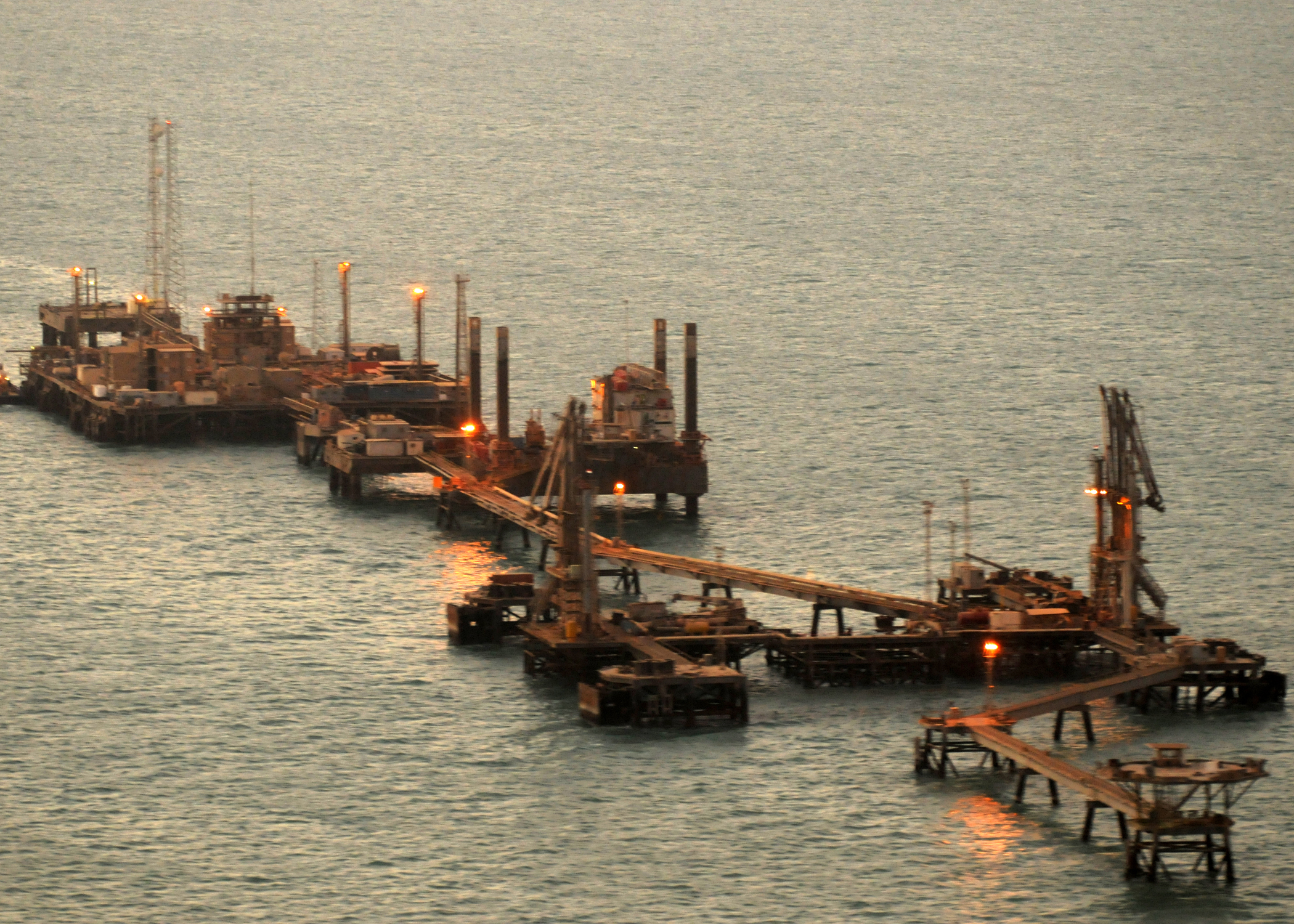Below is an excerpt, the full essay was published by The Boston Review on October 13, 2016.
The era of the West’s enthusiasm for military intervention is over. Two reports on Iraq and Libya—written from the heart of the British establishment and published recently—have delivered its obituary. Each is damning; together, they dismember the case for intervention in both its neocon and liberal-hawk variants. Although their focus is almost exclusively on decision-making within Whitehall—the Foreign and Commonwealth Office (FCO), the Ministry of Defence, and, above all, No. 10 Downing Street—Americans will recognize many of the same ills afflicting their own government.
The 2003 Iraq invasion arose from the hubris of neoconservatives. Its ostensible targets: weapons of mass destruction and terrorism. Its ambition: to spread democracy and American-style corporate capitalism. It was long planned, but not, it seems, well planned. Many liberals opposed the Iraq intervention because they disliked its architect and suspected its motives. But they still believed that Western, and especially U.S., military power, used assertively, could make the world a better place.
The 2011 Libya bombing was a swift response by liberal hawks to what most agreed was an imminent massacre. It was both opportunistic—a material interest in Libya’s oil industry, and bolstering French President Nicolas Sarkozy’s faltering political stature were strong motivations—and also a test of the noble doctrine of the “responsibility to protect,” adopted at the United Nations in 2005. The ensuing debacle has been as responsible as the Iraq War for discrediting interventionism—in this case, in its liberal form. Its most obvious consequence has been the refusal of Western powers to act decisively in Syria. But there have been other repercussions too, such as shifting the burden for robust international military actions in Somalia, Mali, and potentially South Sudan to African nations.
